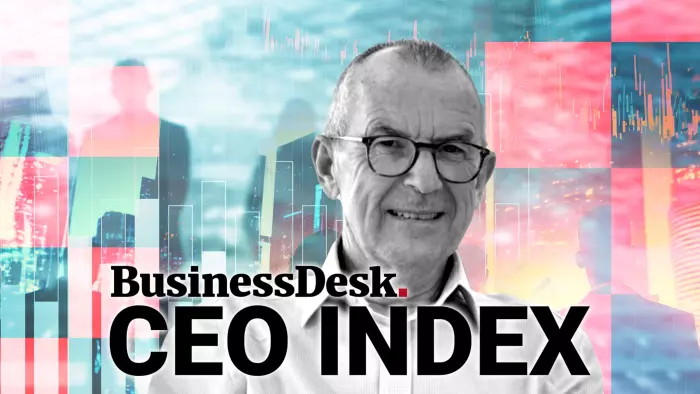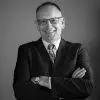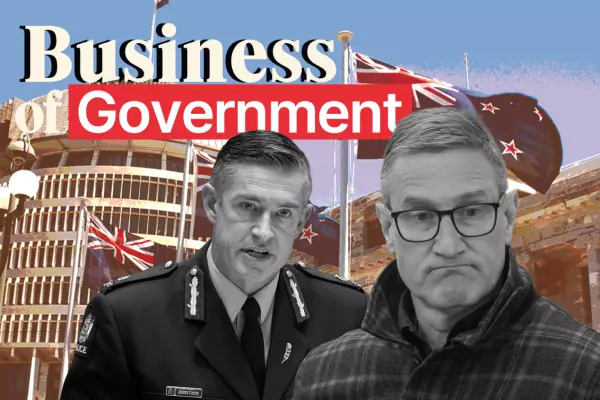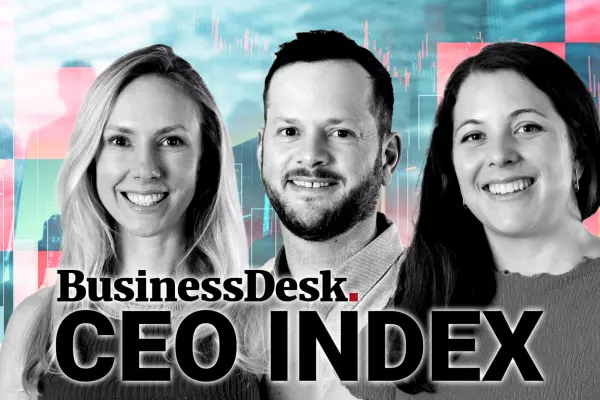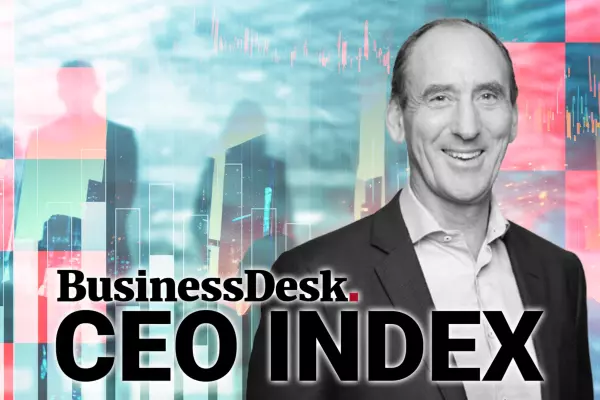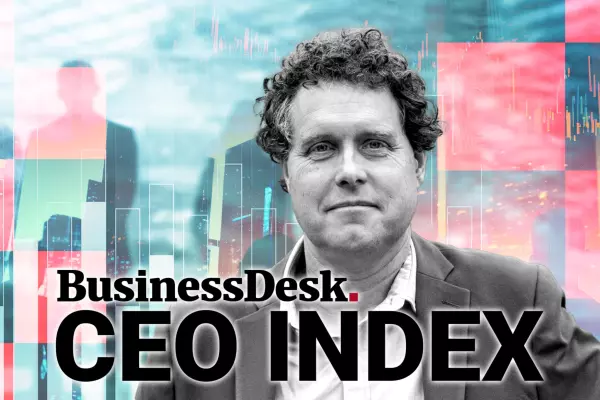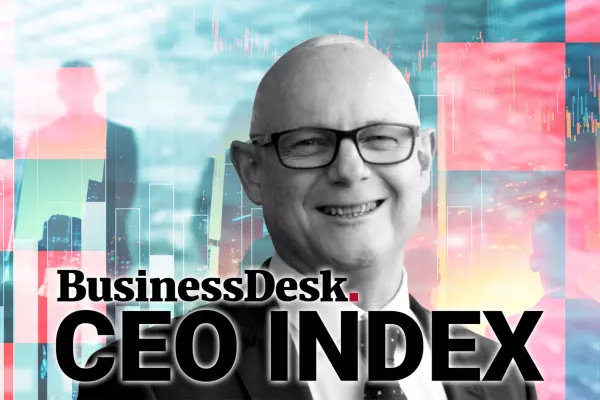Brian Roche has made a significant impact as the Public Service Commissioner since being lured out of retirement last year by the then Public Services Minister, Nicola Willis.
Roche has been in the headlines recently as the public face of the Public Service Commission (PSC) negotiating with striking teachers and health unions – the first time in at least two decades that delegated negotiating authority hasn’t stayed with health and education agency heads.
His negotiating approach has included using social media to disseminate his messaging, a new approach for someone in his position, which pushes the boundaries of politicisation for the most senior member of New Zealand’s neutral public service.
Roche does not doubt that he is in the right: “The commissioner is doing the job that the commissioner is required to do, and that is to lead.”
The Prime Minister, Christopher Luxon, has publicly backed those decisions.
Others fear that Roche has “misread this moment” on industrial issues, risking his ability to foster the more collegial, innovative, and risk-taking culture he has said he wants in the public sector.
Given this current public profile, Roche may seem an unusual, even polarising candidate for the inaugural BusinessDesk CEO Index in the public sector category.
However, he embodies the index's aim to encompass the entire political economy in the same way that BusinessDesk does.
Nothing professionally to prove
Roche doesn’t have to be doing this. At 69, it was a big personal decision for him to come out of retirement, he says.
He has worked in both the private and public sectors, as CEO of NZ Post, senior partner at PwC, and chair of the Cyclone Gabrielle Recovery taskforce, among many other roles.
His reputation is that of a bipartisan “Mr Fix-it” for knotty government problems, albeit with no such record of high-profile tasks likely to be completely unblemished. The Scott Base rebuild blowout occurred on his watch as chair at Antarctica NZ.
However, he has nothing professionally to prove by agreeing to lead the NZ public service at this stage of his career.
“For me to do it, I had to believe that the role was (a) important to New Zealand and (b) that the role was achievable,” he says. “The ability to be involved and lead the reinvention of the public sector operating model, I found really compelling.”
Because ministers twisted his arm to do it, he also had enough leverage to insist that he would continue only if he were able to run his own race.
The big challenge
Roche’s shortlisting for the inaugural BusinessDesk CEO Index reflects the much broader changes he is driving at the PSC.
“He’s doing all the right things but has got quite a long way to go to execute; but he’s on track to getting great outcomes,” says BusinessDesk's independent panel of judges.
One close observer describes Roche’s job to modernise and reform the public service like this: “Countries all over the world are becoming unable to fund public services. This is about preparing the public sector to be a third of what it has been and a lot smarter.”
Roche would not accept such downsizing as the target. He views the job as creating the best climate for a collective effort to establish a world-class civil service, and that will not come from his own efforts or vision.
“We’re not going to be able to cost-cut our way out of our challenges,” Roche said in one interview with BusinessDesk. “We actually have to innovate and focus on what we do and how we do it.”
Experimenting
He aspires to a civil service that offers a great career, utilises technology effectively, and where decisions are made and carried out collectively.
Roche says he is about understanding what others can bring to a problem, how best to empower them, and creating a culture not only where people believe they can do their best work, but where they aspire to make their careers.
He aims to leverage his extensive experience in both the public and private sectors to experiment and contribute to creating a modern and efficient public service informed by the latest thinking on organisational design, culture, and theory.
Roche also sees a huge role for artificial intelligence, leveraging the best data and technology to reinvent public service and reflect and lead a more contemporary, digital world. He also wants the public service to be much more focused on the people it serves, to be genuinely customer-focused.
A privilege, not a burden
Having been parachuted into numerous problem-solving roles, Roche’s resilience appears to be founded on the fact that he doesn’t tend to see things in terms of drama and crisis.
Instead, he has his own way of working through complex problems and challenges, a task he says he regards as a privilege, not a burden.
Roche is an avid news consumer, so when he has downtime, he reads for enjoyment, confessing a taste for whatever is new from Jo Nesbø. “I’m a very vanilla reader. I read for enjoyment, for escapism, not for learning.”
And when it comes to sliding doors, the man who has slid through more than a few already says, “I’ve done what I’ve wanted to do. I’ve never looked over the fence and thought, ‘I wish I was doing something different.”
Brian Roche is a finalist in the public sector category of the inaugural BusinessDesk CEO Index. The category winner will be announced on Nov 18. BusinessDesk will publish report on the overall winner on Nov 19.
Read more of the BusinessDesk CEO Index here.


